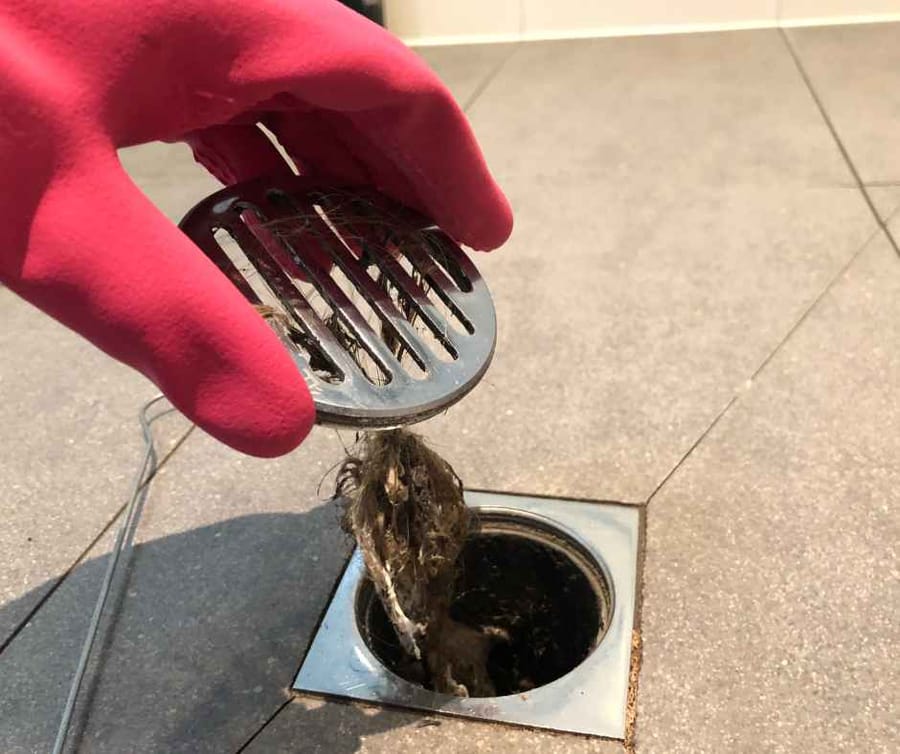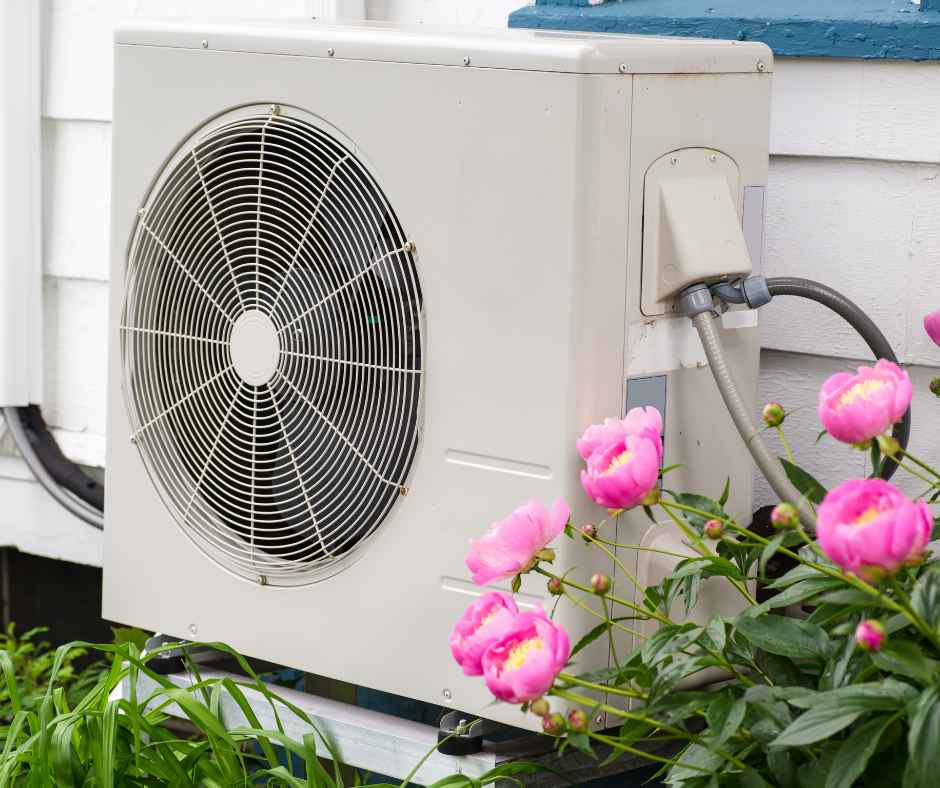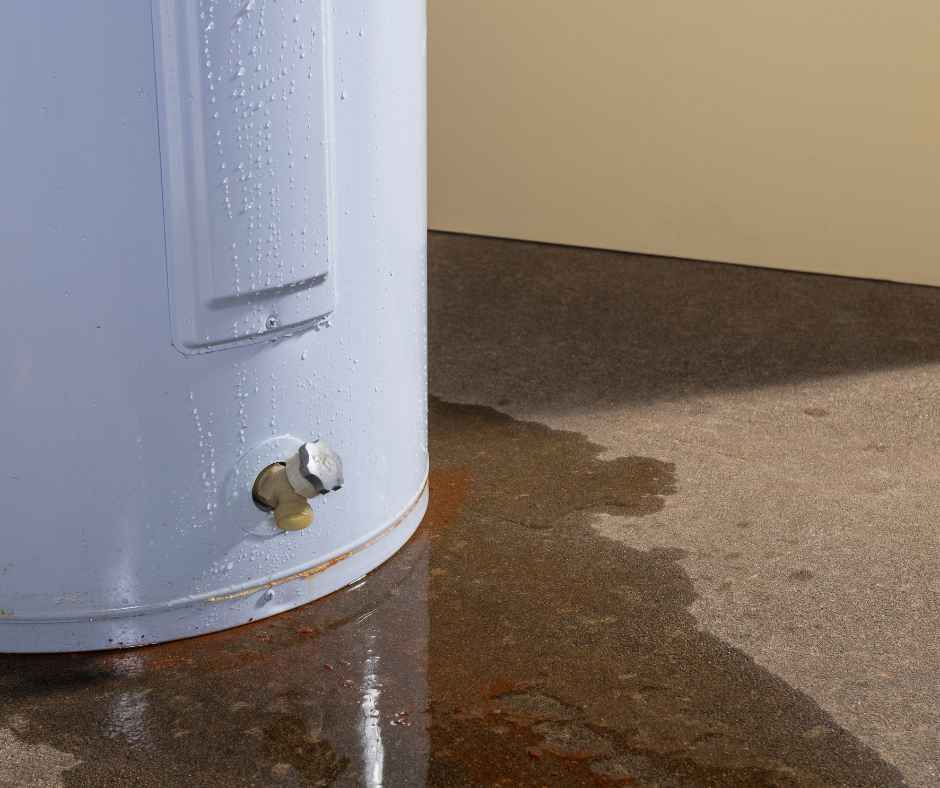0% No Interest Financing for 6 Months*
Delivering Trusted Service Since 1951
Back to Blog
Need A Home Generator? Here’s 4 Things To Know BEFORE Buying One To Save You Time & Money
Investing in a home generator is one of the best things you can do as a responsible homeowner. But what if you purchase the wrong one?
Ah, adventures in home ownership. Sometimes, it seems there is an endless checklist of things to accomplish, fix, repair, upgrade, and improve. But how often do we think about emergency preparedness? The decision to buy a home generator is one of the best things you can do as a responsible homeowner, especially if you live in an area that is prone to storms, natural disasters, and other potential causes of power outages. A generator can keep your food supply safe by maintaining the refrigerator and freezer, and, depending on your energy source, can keep the home fires burning in your kitchen — so you don’t have to eat cold canned soup until the power comes back on.
But there are so many types of generators on the market! Which is the best home generator for you? Do you lose power if you invest in energy-efficient models? How does budget play into the quality: Does expensive always mean better? In this article, we’ll explore the most common types of generators available to residential buyers. We’ll talk about the pros and cons of the different models. Most important: We’ll help you figure out what questions you need to ask — so you don’t buy the wrong generator. This is one home investment purchase you do NOT want to make without researching, so read on for all of the insider information from the friendly professionals at Blanton’s Air in Fayetteville and Raleigh, NC.
- Which Is Better: Home Generators Vs. Portable Generators
There’s a whole world of generator types, but for the purpose of this article, we’ll talk about the basics: home standby generators and portable generators.
Home Standby Generators
A home generator is the biggest investment of the bunch, and packs a serious power punch. It’s installed permanently in the home (this part should always be done by a professional). Hiring a pro will help you navigate safety considerations, location, and potential required permits. The benefits of these models are many, but the biggest is that when the power goes out, they kick on automatically. This can provide great peace of mind, and is a helpful option for those without a wealth of generator-operation knowledge.
Home standby generators are also able to run on a variety of fuel types, which is a definite “plus” for those who prefer propane vs. natural gas, or vice-versa.
Portable Generators
Versatile and compact, these are great generators for those on the go. They’re not permanently installed, so they can be moved around your property as needed (but never in an enclosed space, for safety reasons). They are smaller and more compact than standby generators, and typically put out less wattage. This means they’re less powerful, but as a trade-off, are generally less expensive. Although there are some exceptions, portable generators are fueled by gasoline. This is important to note, because buying a generator that runs on gas means also buying and storing gasoline at home.
- How Much Wattage Does Your Home Generator Need?
Wattage is, essentially, how much power your home generator puts out. The higher the wattage, the more powerful your generator will be. So: Higher wattage simply means the generator can handle a larger load, and can keep more appliances running. If you have a small home, or only need to maintain a handful of appliances, you may be happy with a low-wattage generator. But if your residence is large and/or contains many family members and multiple appliances, a high-wattage home generator will likely be the best investment for you.
There are exceptions and variations, but generally speaking, portable generators start at 3,000 watts and max out just shy of 10,000. Home standby generators run at 5,000 watts on the low end of things, and can put out as many as 20,000 watts.
- Is Generator Noise A Consideration?
Generators can be noisy, but they don’t have to disrupt your daily flow. Home standby models are on the quieter side, as are inverter generators (inverter generators rely on a complex engine and typically contain a quieter exhaust system). Portable generators can create a fair amount of noise, which should be taken into consideration if you’ll be using it within close proximity to neighbors — or if it will be used for a prolonged period of time.
- Home Generator Safety Features
Running a home generator can be frightening; if installed, stored, or started improperly, you run the risk of carbon monoxide poisoning. (That said, when used responsibly, generators are perfectly safe.) Some models feature auto shut-off if a buildup of noxious gas is detected in the unit. Portable models contain greater risk than standby generators, because the user must make safety decisions with every use. As a reminder, in-use portable generators should always be kept at least 20 feet from your living space, with the exhaust facing away from your windows and doors. But if you don’t want to have to think about all of that, a standby model could be your best bet.
The irony of the home generator is that it’s a purchase you hope to never (or rarely) use. If everything goes smoothly, your home will keep humming without interruption. But if 2020 was any indication, we’ve learned that life does not always go according to plan, and preparing for unexpected disaster is just good sense. If you need help choosing a home generator, give the professional team at Blanton’s a call today.
Contact Blanton’s Air at (919) 298-2105 for all your Fayetteville or Raleigh, NC HVAC and plumbing needs.
Recent Posts
Make Blanton’s Your First Call!
Get Your service with a Wow!
Our Extraordinary Service Plan features maintenance, Service, & Support for Your Home
- Biannual HVAC tune-up and inspection
- Annual water heater inspection
- Annual electrical safety inspection
- No extra charge for Saturday service
- All repairs backed by a one-year warranty
- Exclusive members-only savings
- Priority service and dedicated support line
Learn More





